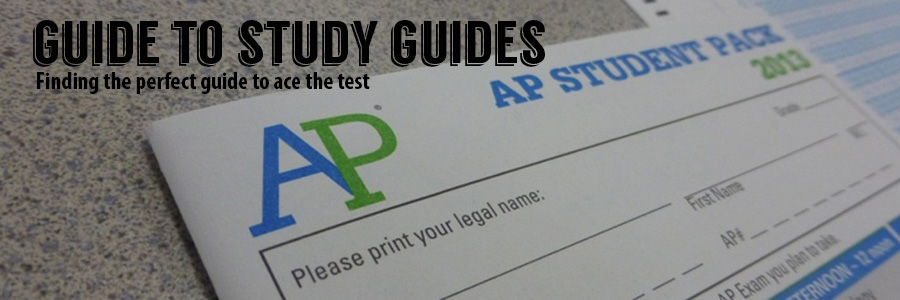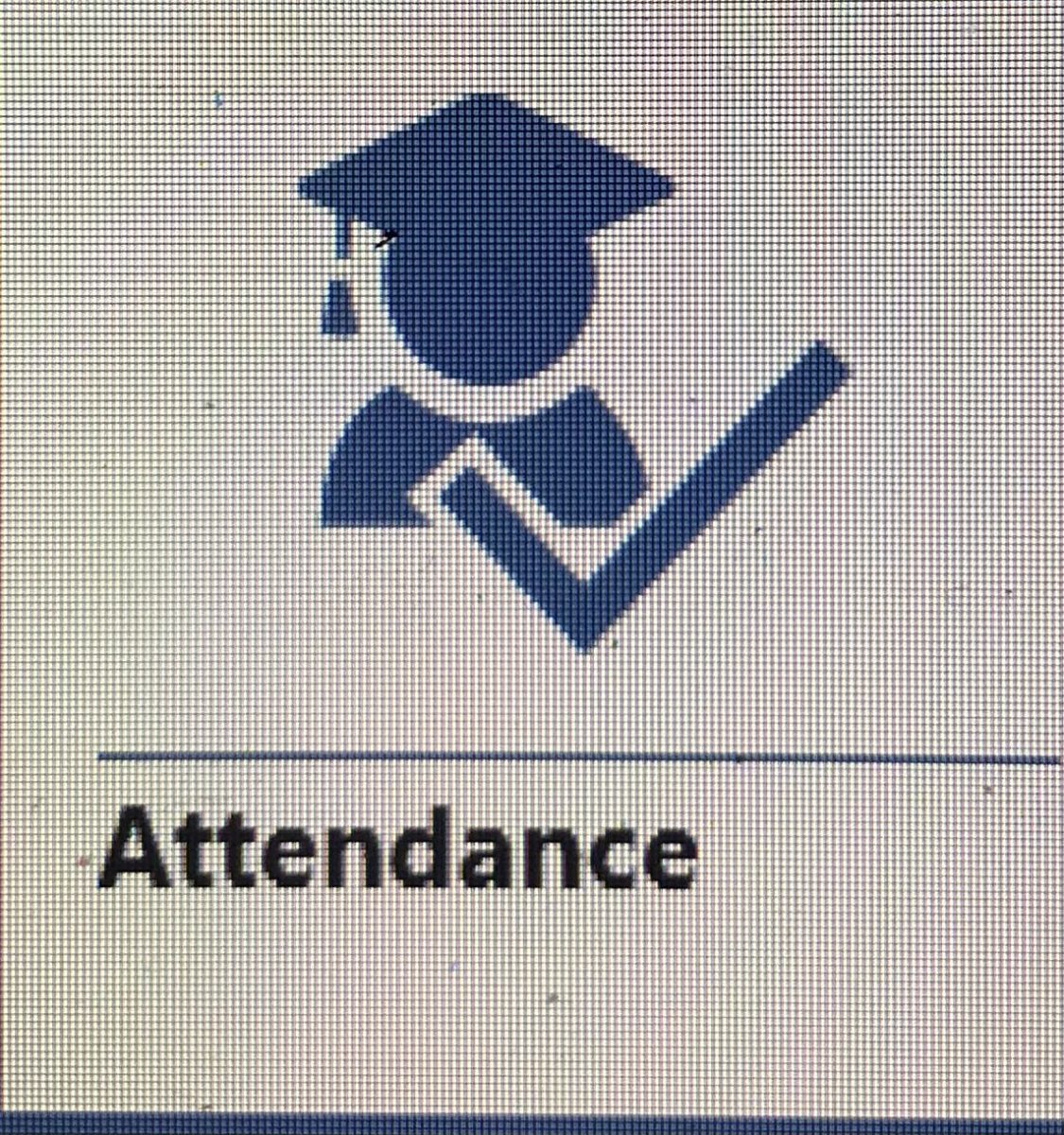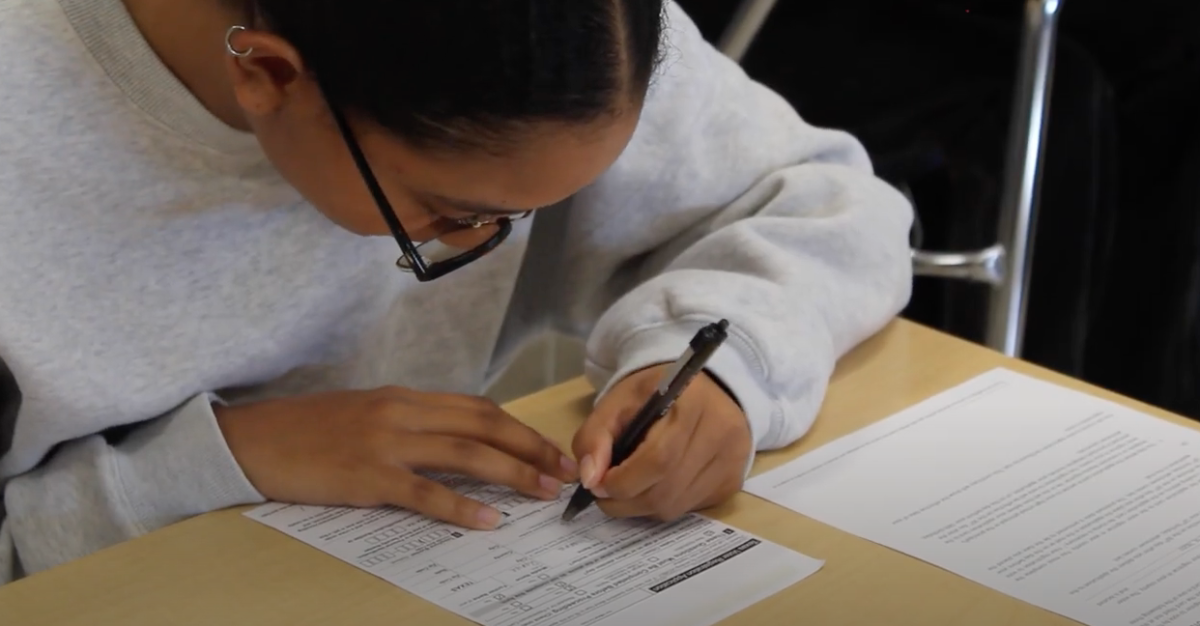by Emma Fitzhugh | Staff Writer
We all know that feeling. For some students, it suddenly hits them one day just a few short weeks before the exam. For others, it’s several months in advance. The moment when you realize…you need an AP study guide.
“I normally use Princeton Review and Five Steps to a Five. My teacher recommended Princeton Review as the best, because it has the best practice exams,” senior Tara Polk said.
Most students who plan on taking an AP exam(s) typically purchase a study guide in order to help them review the material they have already learned, and prepare themselves for what may be on the test. However, choosing the right study guide isn’t as easy as it sounds, given the number of guides now available to choose from, with each one having its own unique features.
The first step in choosing a study guide is to see which one works best for you, and then match it with the appropriate course.
“Most of my teachers have requested The Princeton Review. Felux for the first time, because that was my first AP class, so I stuck with what worked. I heard about Five Steps to a Five through Mrs. Castellanos last year. She suggested that, which is a bit lighter, which is nice,” Polk said.
After choosing a study guide, you should then practice reviewing with it, so that you can accurately determine which one works best for your individual study needs.
“I’ve used study guides in AP European History, AP World History, AP U.S. History, and AP English. I used them last year, and they were all really helpful. I think the Princeton Review guide is the most helpful,” Polk said.

And although all study guides are different, several AP students seem to agree that The Princeton Review guide offers them a noticeable advantage when it comes to taking their exam, especially for AP World History students.
“I use The Princeton Review and I like it because it’s from the people who make the test, and it’s just as clear, if not more than, the textbook,” sophomore and AP World History student Elena Hoffman said.
Regardless of who makes each AP test, taking these college-level exams is nothing to be unprepared for. Designed to take two to three hours, a typical AP exam has a multiple choice section, followed by several free response/essay questions. The exam is then graded on a scale of 1-5, 5 being the highest possible score. And the higher a student’s score, the more likely they are to earn at least partial college credit.
However, all AP students must sign up before their designated testing date in order to take their exam. The nation-wide testing date for AP/DC Biology is May 12th, and the testing date for AP World History is May 15th, although review sessions and “mock” exams are already in full swing.
The next step in finding the right study guide is to find the best place to get a study guide, which doesn’t necessarily have to be at your local bookstore.
“We do have study guides at the library. I try to make sure to have a study guide for every single test. We try to keep them on the end so that the student’s know that they are there, and the teachers are aware. Some of the teachers will check them out and keep them in their classrooms,” librarian Terri Sanchez said.
Sanchez adds how teacher’s try to remind their students of this resource, yet it is really up to the student on whether or not they prefer to check out a study guide (for up to 6 weeks), or purchase their own.
“I think most students end up purchasing their own study guide. The few that don’t, maybe they’re taking too many AP exams so they don’t want to purchase all of their study guides, or they just don’t want to try and grab the study guide(s) first. Usually at the beginning of the year or towards the end of the year is when I see students check out study guides the most. I see a wide variety of subjects that students get study guides for,” Sanchez said.
And finally, the last step in using a study guide is to make sure that you do not rely solely on your study guide(s) to help you pass these college-level exams, but rather reviewing the course material throughout the year.
“For studying for the AP exam, I recommend that students buy a study guide, and just go through it, kind of reviewing. They should know the material already, because they had it during the course, but those study guides kind of reinforce some of the knowledge they really need to have. I don’t think just using a study guide substitutes taking a course, because I have seen students who don’t take AP Biology who take the exam by just doing a study guide, and they usually don’t fare as well as those who do take the actual course and do a study guide as well,” AP dual credit Biology teacher Oscar Velasquez said.
Link to the AP College Board website, which offers tips for taking the AP exam.














